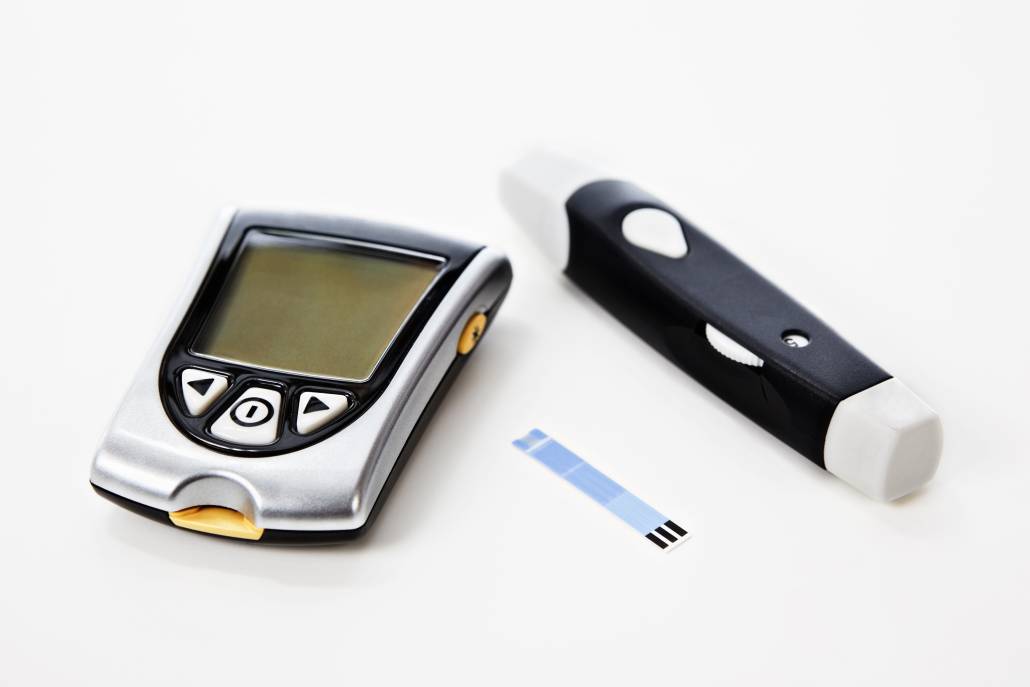
A trio of Johns Hopkins scientists—a pharmacologist, a biomedical engineer, and a biophysicist—are pooling their knowledge to design a device that can detect whether a person has antibodies linked to SARS-CoV-2, the virus that causes COVID-19. Antibodies are tiny proteins that the immune system produces to “remember” viral encounters and provide immunity to future infections.
To develop an antibody detector that can be deployed rapidly and inexpensively across the globe, the researchers got their inspiration from a test that is already used by millions of people: a glucose monitor.
People with diabetes use glucose monitors to measure their blood sugar levels by taking a tiny prick of blood from their finger and placing it on a paper test strip that is inserted into the monitor. This same type of tool could be reconfigured to detect glucose in a series of chemical reactions that occur when antibodies are detected in the blood, say the researchers, led by Netz Arroyo, assistant professor of pharmacology and molecular sciences; Jamie Spangler, assistant professor of biomedical engineering; and Taekjip Ha, Bloomberg Distinguished Professor of biophysics and biophysical chemistry, and a professor of biophysics and biomedical engineering at Johns Hopkins.
Click here to read more via JHU
